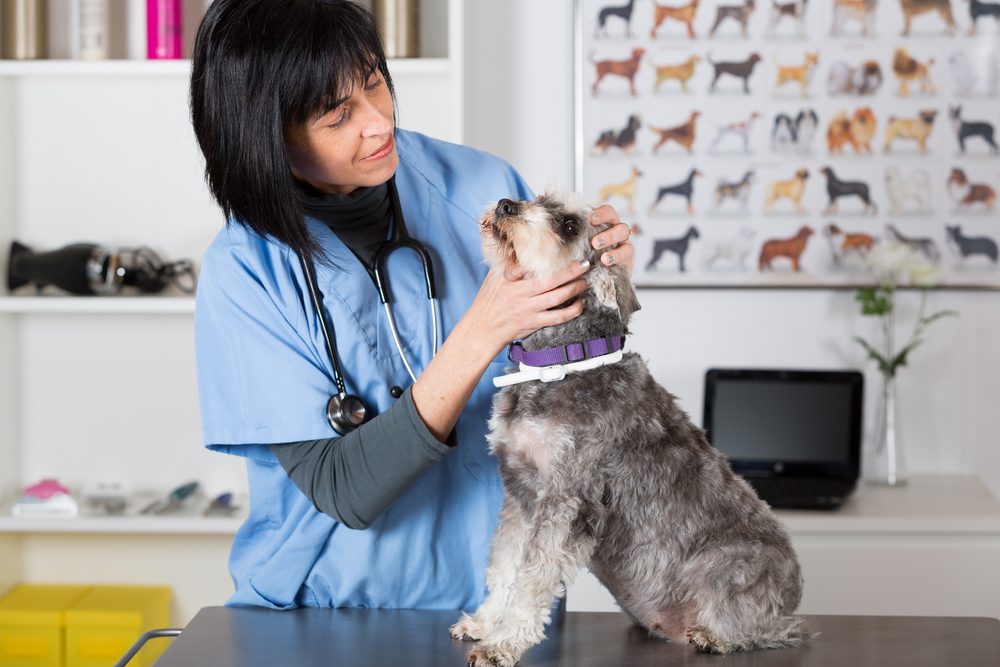What Employers Look for in New Graduate Veterinary Surgeons
Insights from Nicky Birch, Practice Manager at Ribble Vets
As a new graduate entering the veterinary profession, it’s easy to feel like the pressure is all on you to prove yourself. But what exactly are practices looking for when they hire a new grad? To help you better understand what matters from an employer’s point of view, we spoke to Nicky Birch, Practice Manager at Ribble Vets, who has worked with Prospect Health to recruit new graduates in the past.
Nicky shared some invaluable insights into what employers really want when bringing a new vet into the team—and how you can stand out for the right reasons.
- Align Your Skills and Interests with the Practice’s Needs
Most practices aren’t just looking for “a vet”—they’re looking to fill a specific skills gap within their team. You’re not expected to be an expert (you’ve only just graduated, after all!), but showing an active interest in a particular area, such as feline medicine, orthopaedics, or behaviour, can give you a distinct edge—especially if that area is currently underserved in the clinic.
Top Tip:
Research the practices you’re applying to. What are their current vets’ areas of interest? Can you complement their skills? Do they have facilities or caseloads that support your developing interests?
It’s also important to be realistic—if you’re passionate about exotic animals, a first-opinion small animal practice that refers all exotics won’t be the best match. Look for roles where your interests can be nurtured and developed.
- Don’t accept a job out of desperation
- Look for one you can genuinely throw yourself into and grow with.
- Communication, Communication, Communication…
It may sound obvious, but communication really is one of the most critical skills employers are looking for—and not just with your clinical team, but with clients.
According to Nicky, most issues that arise in practice stem from poor communication, whether it’s misunderstanding fees, unclear prognoses, or clients feeling left out of decision-making. The ability to explain medical decisions clearly, empathetically, and professionally is essential.
Expect to be asked about communication in your interview.
Come prepared with examples—whether from EMS placements, vet school projects, or client-facing roles outside of vet med—that showcase how you’ve communicated clearly and effectively in challenging situations.
- Resilience, Resourcefulness & Realistic Positivity
While clinical inexperience is expected, your mindset matters a lot. Employers aren’t looking for perfection—they’re looking for new graduates who show:
- Resilience under pressure
- Willingness to adapt and problem-solve
- A positive attitude and the ability to think outside the box
Nicky emphasizes that the first months in practice will test you emotionally, mentally, and physically. What makes the difference is how you respond to the unfamiliar—and how you learn from it.
Be ready to discuss a difficult EMS experience in interviews.
What challenged you? What did you learn? And how would you approach it differently now?
Employers want to see you reflect on those experiences and use them to grow. Continuous learning and professional development aren’t just buzzwords—they’re how you build a successful, fulfilling career.
Final Thoughts from Employers
Veterinary employers know new graduates won’t have it all figured out. But they’re looking for people who are:
- Curious and motivated to learn
- Great communicators
- Able to adapt and ask for help
- Honest about their strengths and limitations
- Committed to being part of a team
If you can bring those qualities to the table—and match them with a practice that supports your goals—you’re well on your way.
Still looking for your first graduate role?
Our Vet Team at Prospect Health can help match you with practices that align with your values, skills, and interests.
Call us at 01423 813453
Email: [email protected]
Explore current graduate roles: https://www.prospect-health.com/veterinary-surgeon-jobs

